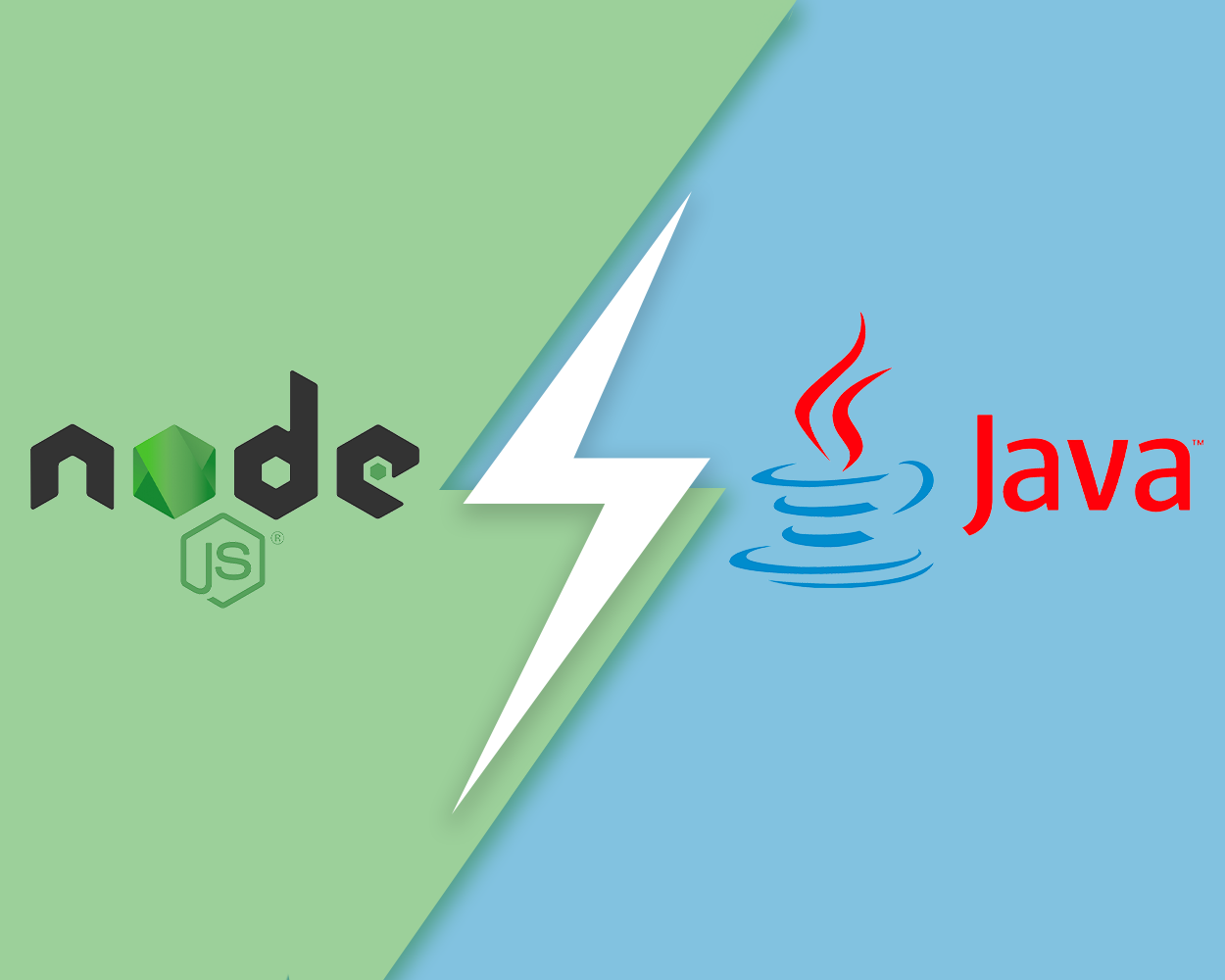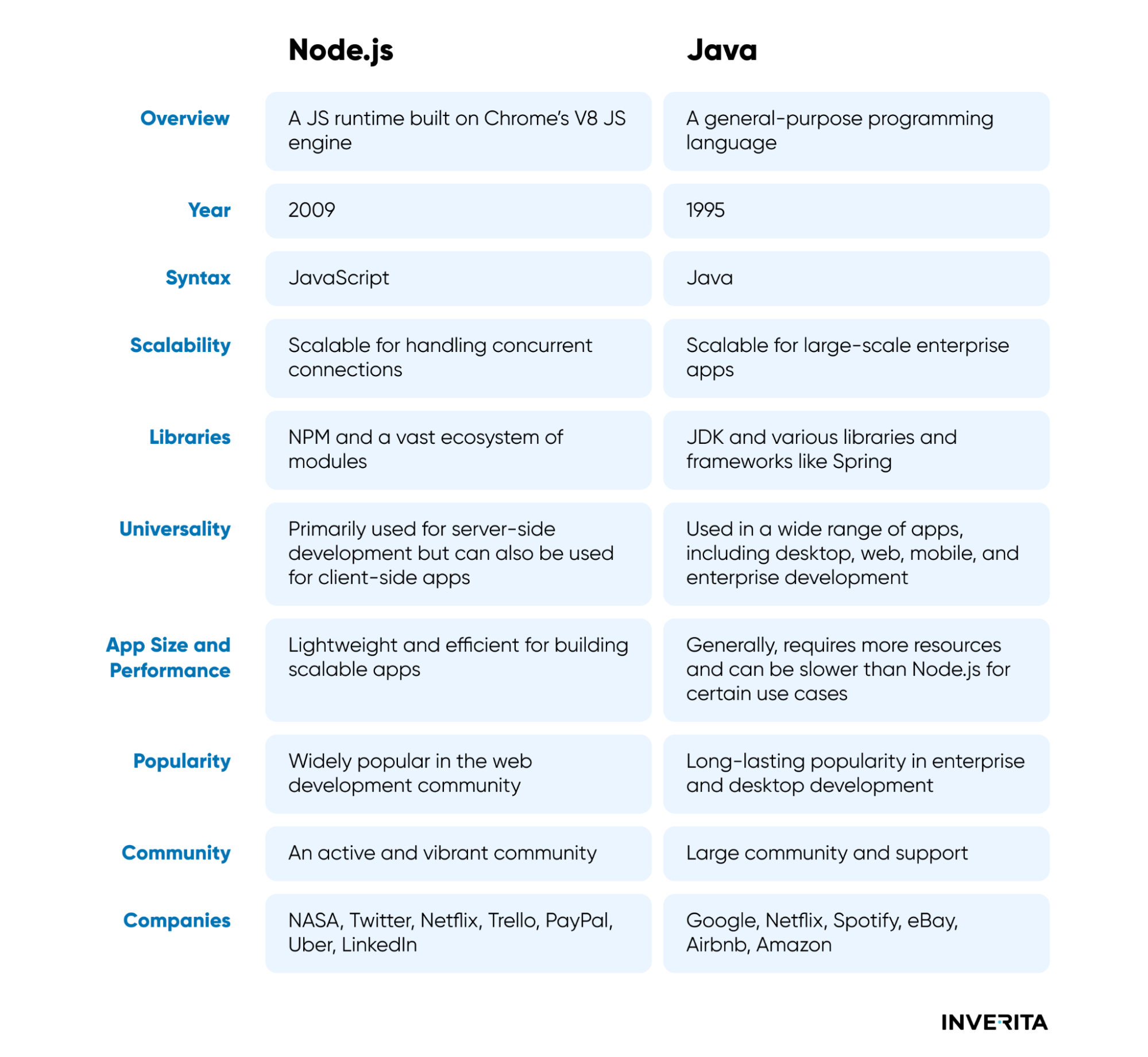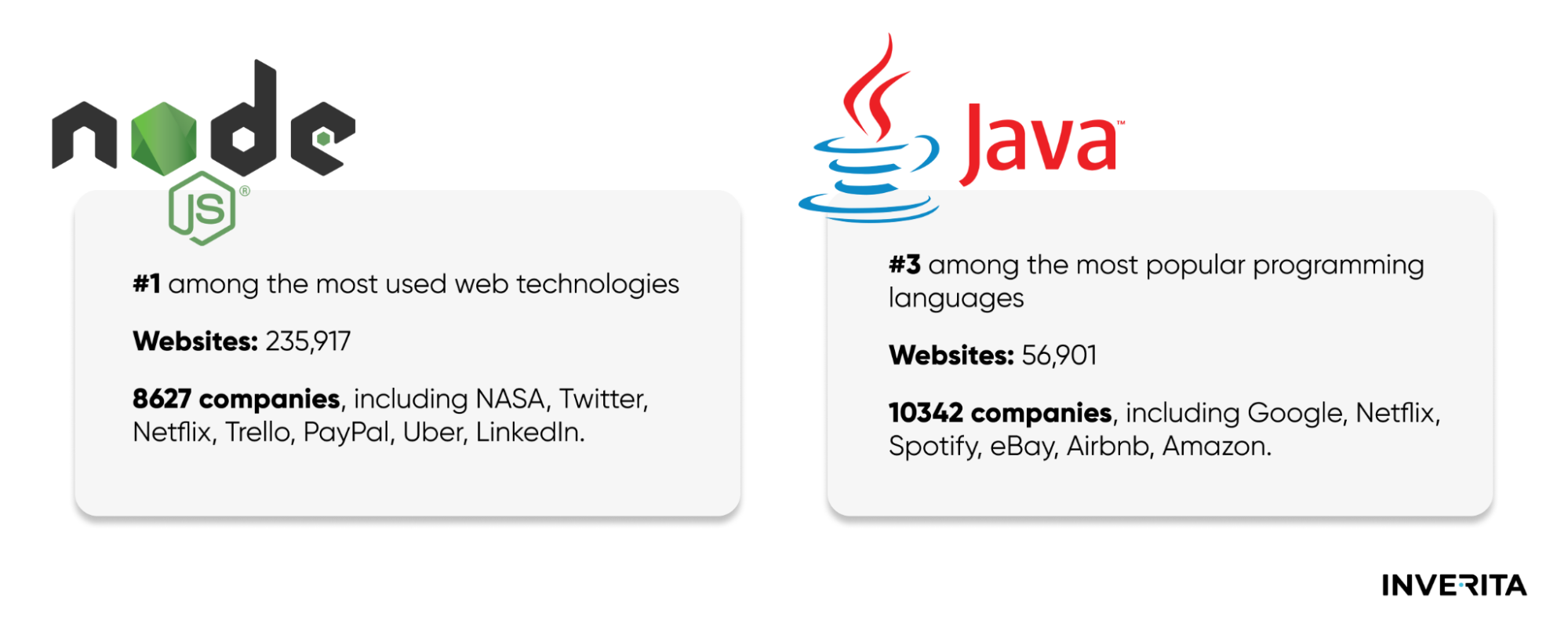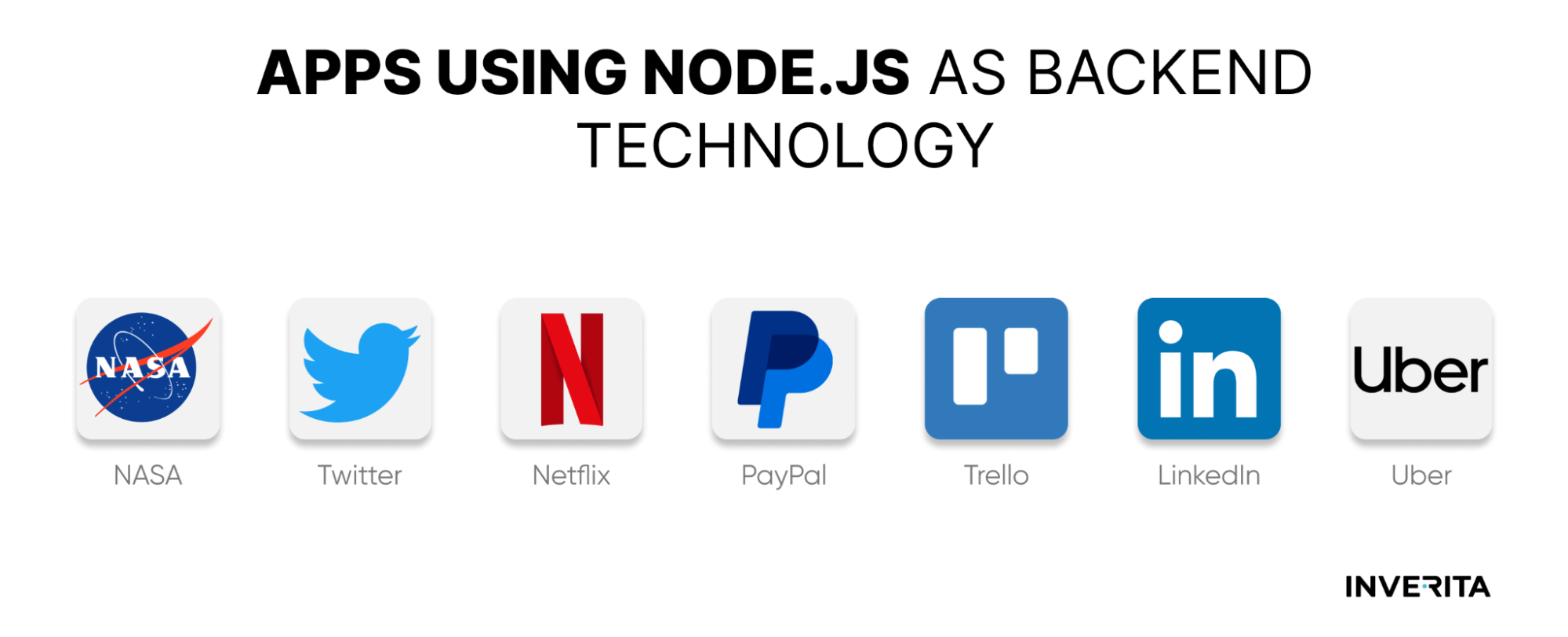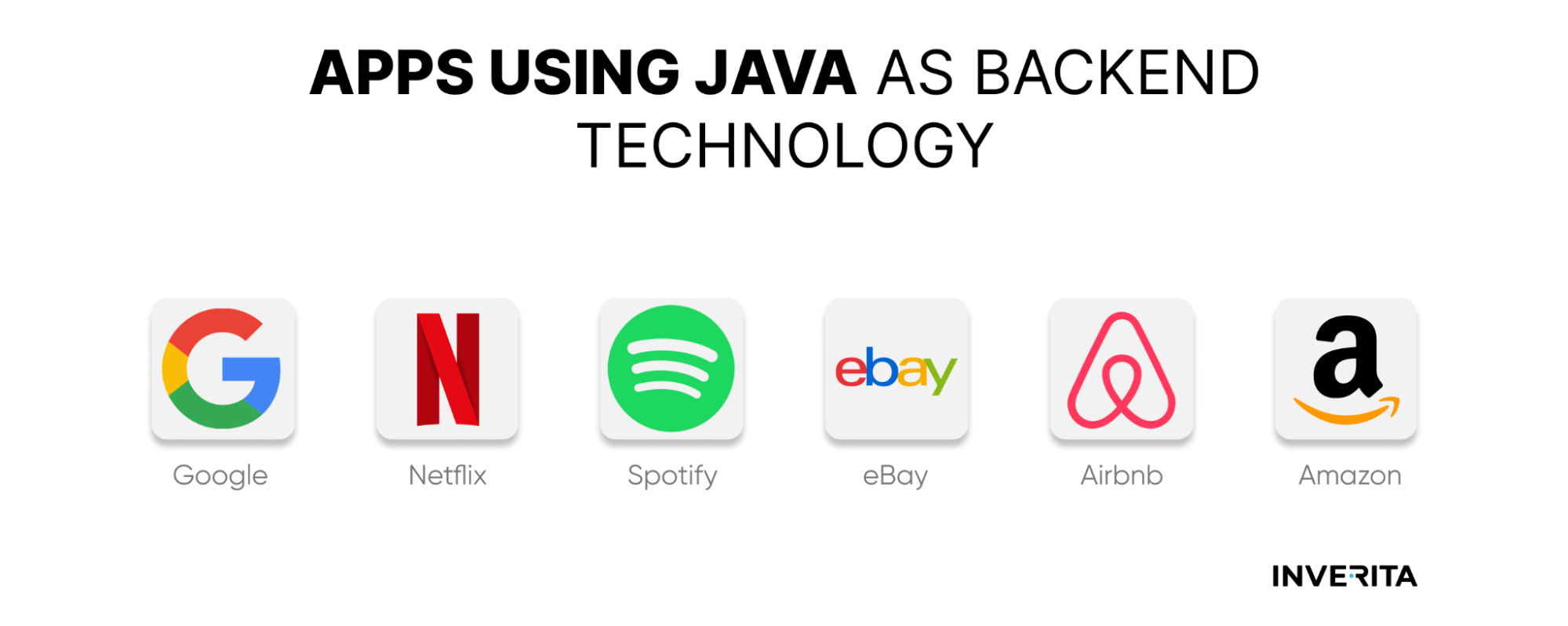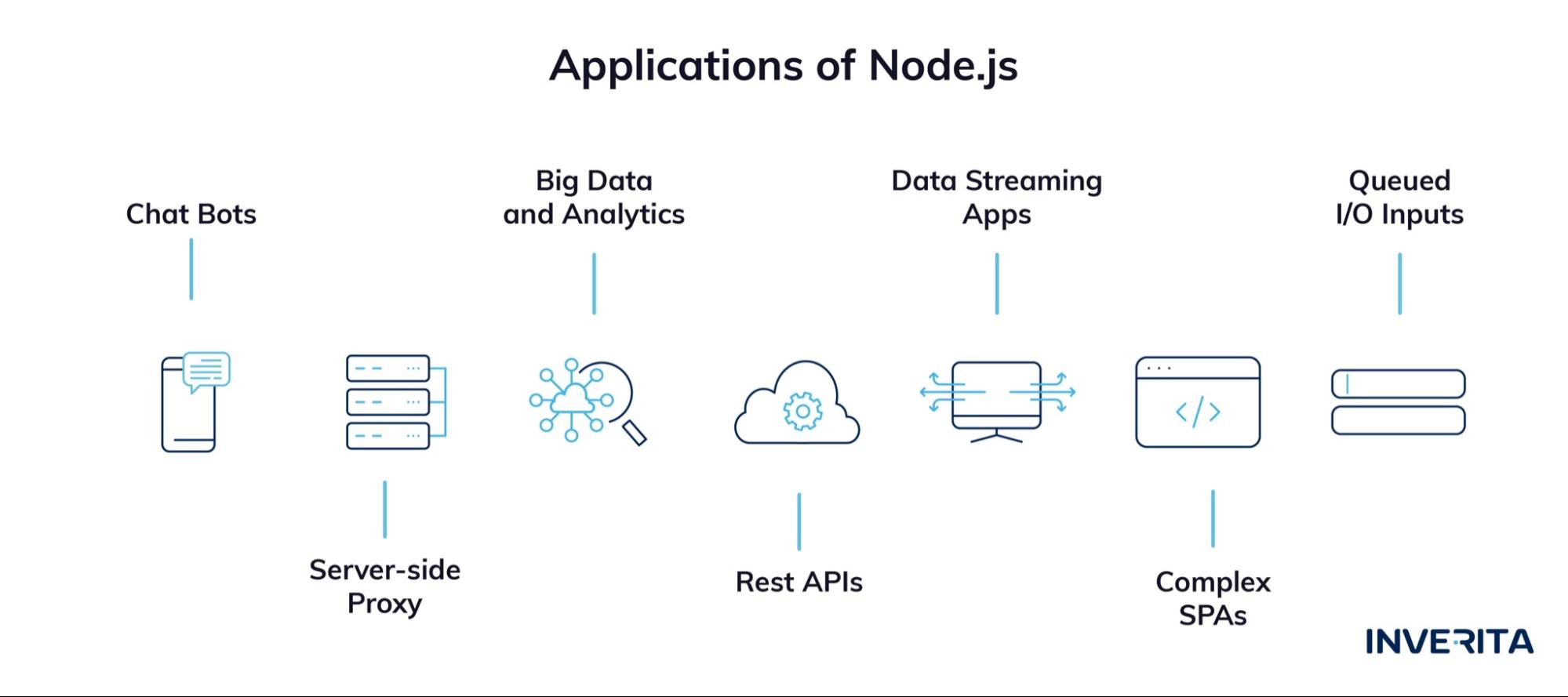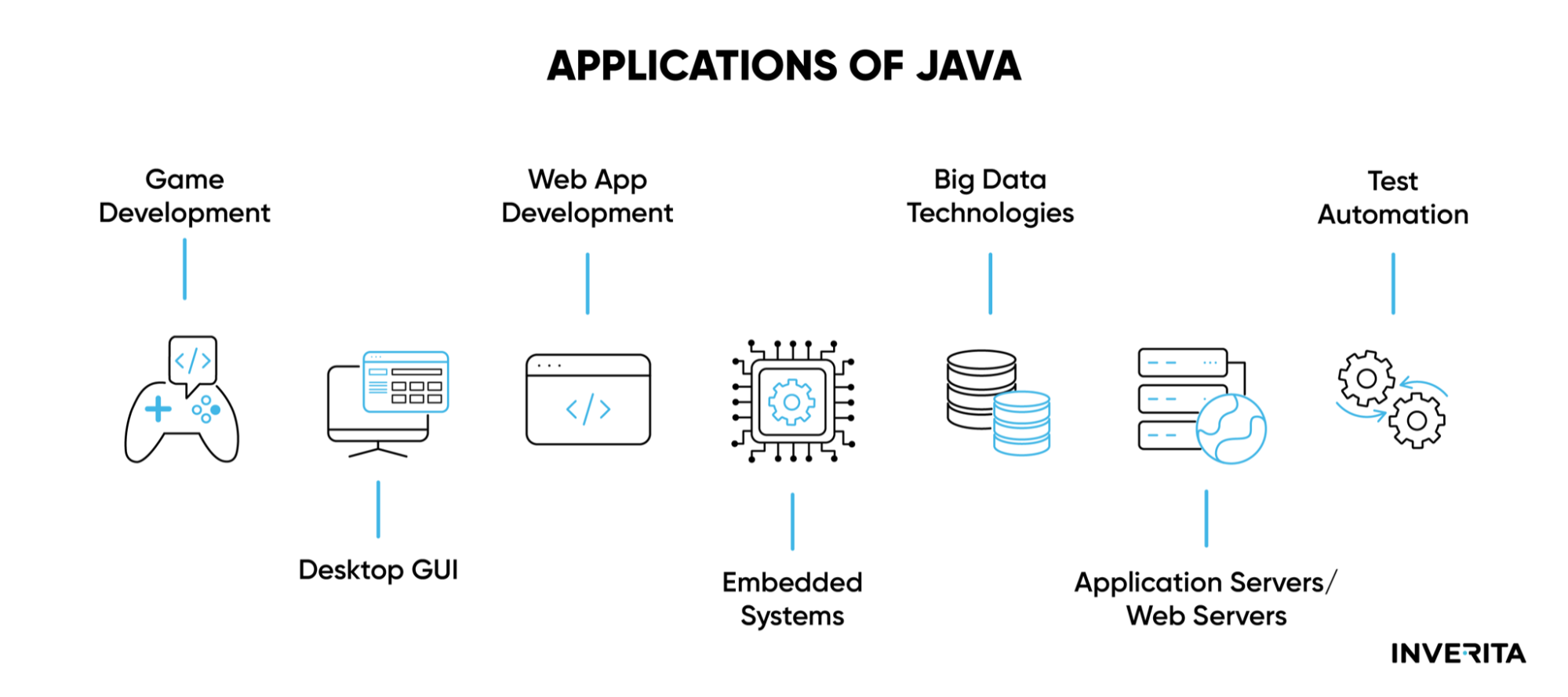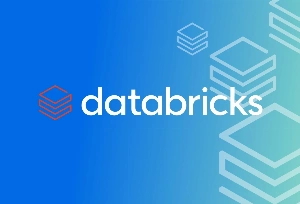Node.js vs Java: A Complete Comparison for the Backend
#1 Performance
Node.js Performance
Because of efficient multitasking and the V8 JavaScript engine, apps built with Node.js offer great performance. In contrast to other backend solutions, Node.js is able to process multiple requests at the same time. It inherits the asynchronous and non-blocking nature of JavaScript which provides a perfect broad ecosystem for executing small-scale tasks (micro-operations) without impeding the main application thread. In terms of performance, this enables software developers to handle a number of operations simultaneously without causing delays or bottlenecks.
By leveraging its event-driven architecture and event loop mechanism, Node.js ensures seamless execution of these micro-tasks, this way optimizing the responsiveness and scalability of applications.
The great performance of Node.js made many tech giants adopt the technology. For example, PayPal by embracing Node.js managed to achieve a substantial 35% reduction in average response time which allowed the company to provide faster and more efficient services to their users.
Java Performance
Java applications are used in various industries and for different types of projects due to their strong performance characteristics. They are written in byte codes which makes them perform faster and better compared to apps written in traditional languages. A Java Virtual Machine provides a layer of abstraction between the app and the underlying OS, optimizing the execution of Java byte code for the target platform. This cross-platform compatibility eliminates the need for platform-specific optimizations, allowing Java apps to deliver consistent performance across different environments.
Also, Java provides strong support for multithreading that enables developers to create apps that can effectively utilize the processing power of modern CPUs. By leveraging threads, Java apps can perform concurrent and parallel processing, which leads to improved application performance, especially in scenarios involving computationally intensive or I/O-bound tasks.
#2 Application Architecture
Node.js and Java have different architectures, each with its own strengths.
Node.js Application Architecture
Node.js uses single-threaded event loop architecture which enables it to handle I/O operations asynchronously, eliminating the need for blocking calls and maximizing resource utilization. What is more, Node.js provides the flexibility to adopt popular architectural patterns such as MVC or MVP, facilitating the isolation and resolution of issues within the application's codebase.
Java Application Architecture
Java follows a multi-threaded, servlet-based architecture with a focus on object-oriented programming. A multi-threaded architecture enables concurrent processing and allows multiple requests to be handled simultaneously while servlets handle incoming requests and generate responses, following the request-response model.
MVC pattern is favored by developers when building apps in Java, primarily due to its alignment with the language's internal architecture. The modular approach reduces the risk of unintended side effects and makes code maintenance more manageable.
#3 Scalability
Java and Node.js offer different approaches to scalability. Both of them can scale effectively, however, the choice between Java vs Node for the backend depends on the specific requirements and characteristics of the application, including the nature of the workload, anticipated traffic patterns, and available resources.
Java's multithreading and JVM optimizations make it suitable for scaling vertically, while Node.js's non-blocking I/O, asynchronous programming, and event-driven architecture enable horizontal scalability.
#4 Testing
Both Java and Node.js offer robust testing capabilities for backend applications.
Java provides a mature wide ecosystem with a variety of testing frameworks (JUnit, TestNG, and Mockito), tools (Maven and Gradle), and mocking libraries (Mockito and EasyMock). It supports different levels of testing, including unit testing, integration testing, and system testing.
Node.js, on the other hand, offers lightweight testing frameworks like Mocha, Jasmine, and Jest with excellent support for asynchronous testing and seamless integration with the JavaScript ecosystem, including tools like npm that provides a vast repository of testing-related packages, making it easy to integrate additional testing libraries, code coverage tools, and other testing utilities.
#5 Microservices Compatibility
Talking about Node.js vs Java microservices compatibility, it’s important to mention that both technologies are compatible with microservices, however, has different characteristics and considerations when it comes to implementing microservices.
Java's maturity, extensive ecosystem, and enterprise readiness make it a popular choice for building scalable and robust microservices. Node.js, with its lightweight nature, asynchronous capabilities, and focus on real-time communication, is well-suited for building lightweight and high-performance microservices, especially for I/O-intensive or real-time applications.
#6 Popularity
From a business point of view, the popularity of technology is a critical factor as it influences the ability to ramp up a professional development team and a number of resources that can be used to build software faster. For developers-beginners, the technology’s popularity dictates the demand in the job market and the availability of resources to learn. To judge Node.js vs Java popularity, we’ll compare some popular ratings.
According to the 2024 Stack Overflow Developer Survey, JavaScript remains the most popular programming language, with 62% of respondents reporting its use in the past year.
While specific percentages for Node.js usage were not detailed in the available summary, it continues to be a widely used technology among developers.
According to the TIOBE Index, Java takes third place in the list of the most popular software development languages.
10342 companies reportedly use Java in their tech stacks while 8627 use Node.js, according to Stackshare.
SimilarTech says that there are 235,917 websites built with Node.js and 56,901 websites built with Java. Java is leading in Science & Education categories while Node.js has better usage coverage in most websites categories, including Computers Electronics & Technology, Law & Government, Arts & Entertainment, Finance, etc.

